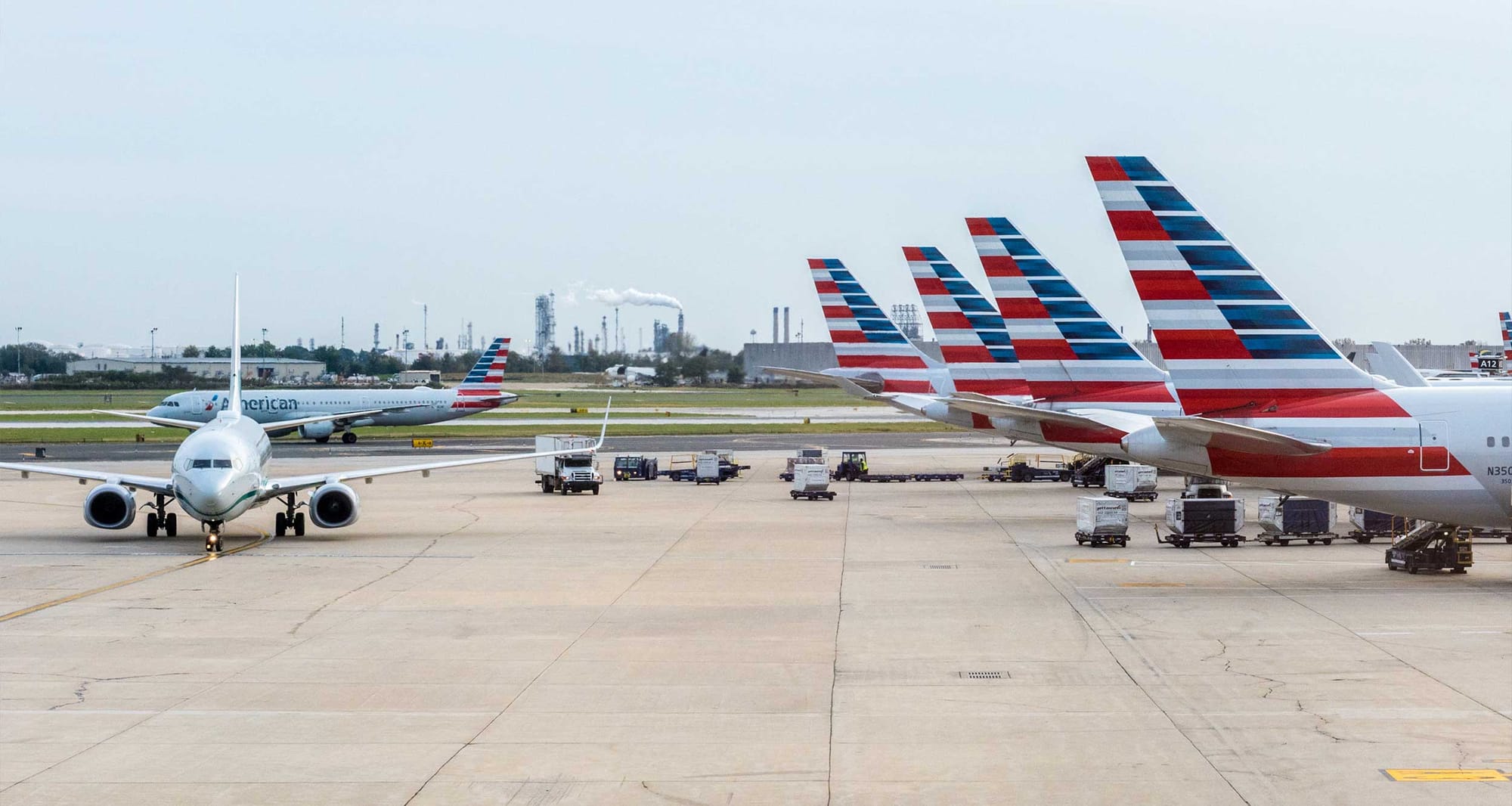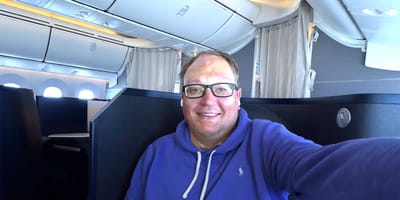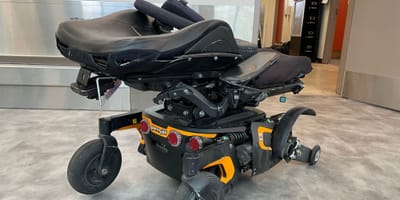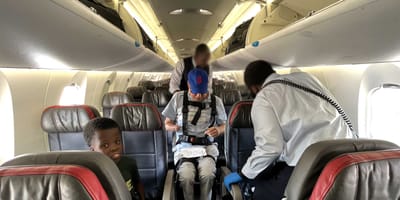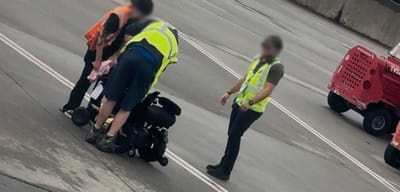The CEO of American Airlines, Doug Parker, recently told CNBC that the coronavirus pandemic has been far worse for the airline industry than the 9/11 terrorist attacks. Demand has cratered and many carriers have cut capacity by more than 50% — but planes are still flying empty.
In the midst of this crisis which threatens the jobs of tens of thousands of employees, distressed airlines have turned to the federal government for financial assistance. Earlier this week, industry trade group Airlines for America asked for $50 billion in aid in the form of tax relief, grants and low-interest loans. At least half of that amount would not have to be repaid.
In recent years, when airline profits have been at an all-time high, carriers have spent nearly $45 billion on stock buybacks, rather than saving for a rainy day. Caught penniless and with their pants down, they want a government handout. Taxpayers will be forced to foot the bill.
Because the government holds all of the cards, it should take the following actions before handing over a single dollar.
Introduce passenger protections like those found in EC 261/2004.
European Union regulation EC 261/2004 provides compensation to airline passengers in the event of denied boarding, lengthy delays or flight cancellations. The compensation amount varies based on the length of the delay and flight distance, but ranges from €250 to €600 — a substantial payout, and an incentive for carriers to provide service as advertised.
The United States does regulate compensation for passengers who have been denied boarding due to oversales, but there is no requirement to make passengers whole in the event of missed meetings or events due to a lengthy delay or flight cancellation.
Require accessible lavatories on all jet aircraft.
The Department of Transportation recently released a notice of proposed rulemaking or NPRM concerning the accessibility of lavatories on single-aisle aircraft. The proposed regulation would not require airlines to increase the size of lavatories on such aircraft, meaning wheelchair users (and many able-bodied passengers of larger size) will still be unable to use the toilet in the air.
Although the DOT does ultimately intend to require larger wheelchair accessible lavatories through a future rulemaking, that is still years away and would not apply to existing aircraft or any new aircraft delivered within the next 10 years. I propose that agreement to an expanded accessible lavatory regulation be a condition of any financial assistance offered to air carriers.
Set minimum standard for seat pitch.
Economy class is becoming uncomfortably cramped as airlines are installing more seats by reducing legroom. Some airlines offer as little as 28 inches of pitch — that’s the measurement from the same position on two seats, one behind the other.
Many passenger rights groups have raised the alarm about the speed of airplane evacuations in an emergency with densified seating, and have called on Congress to take action. With airlines stuck between a rock and a hard place in the current economic climate, now is the time to set a minimum seat pitch standard for the benefit of all passengers.
Define accessibility requirements for business class seats.
As I wrote last month, airlines are restricting disabled passengers from business class seats by prioritizing privacy features over accessibility. They are literally erecting walls around seats which prevent safe, dignified and/or independent transfers from the onboard aisle chair.
While many long-haul aircraft are grounded around the world, the DOT should require dramatic accessibility improvements to recently installed seats that are largely inaccessible to disabled flyers. An agreement between U.S. airlines and the DOT should also be reached to draft a new rule that would better define requirements for accessible seating in premium cabins.
Add a private right of action to the Air Carrier Access Act.
At its annual meeting held last month, the American Bar Association voted to support a private right of action for airline passengers with disabilities.
When an airline violates the civil rights of a disabled passenger (outlined in the Air Carrier Access Act), that passenger cannot sue for damages or injunctive relief. The power of ACAA enforcement rests solely with the DOT, which rarely takes action.
Congress should attach a rider to any financial aid package for airlines, granting disabled air travelers the right to be heard in a court of law.
Final Thoughts
When the stock market closed on Friday, the combined market capitalization of the three largest U.S. airlines was just over $24 billion — American at $4.42 billion, Delta at $13.67 billion and United at $6.07 billion.
Given that the U.S. airline industry has asked for financial assistance equal to more than twice the value of those three airlines, it would be a dereliction of duty and a betrayal of taxpayers if Congress did not extract substantial concessions in return. The ball is in their court; let’s hope they don’t turn it over to the big corporations.
Featured image courtesy Philadelphia International Airport.

